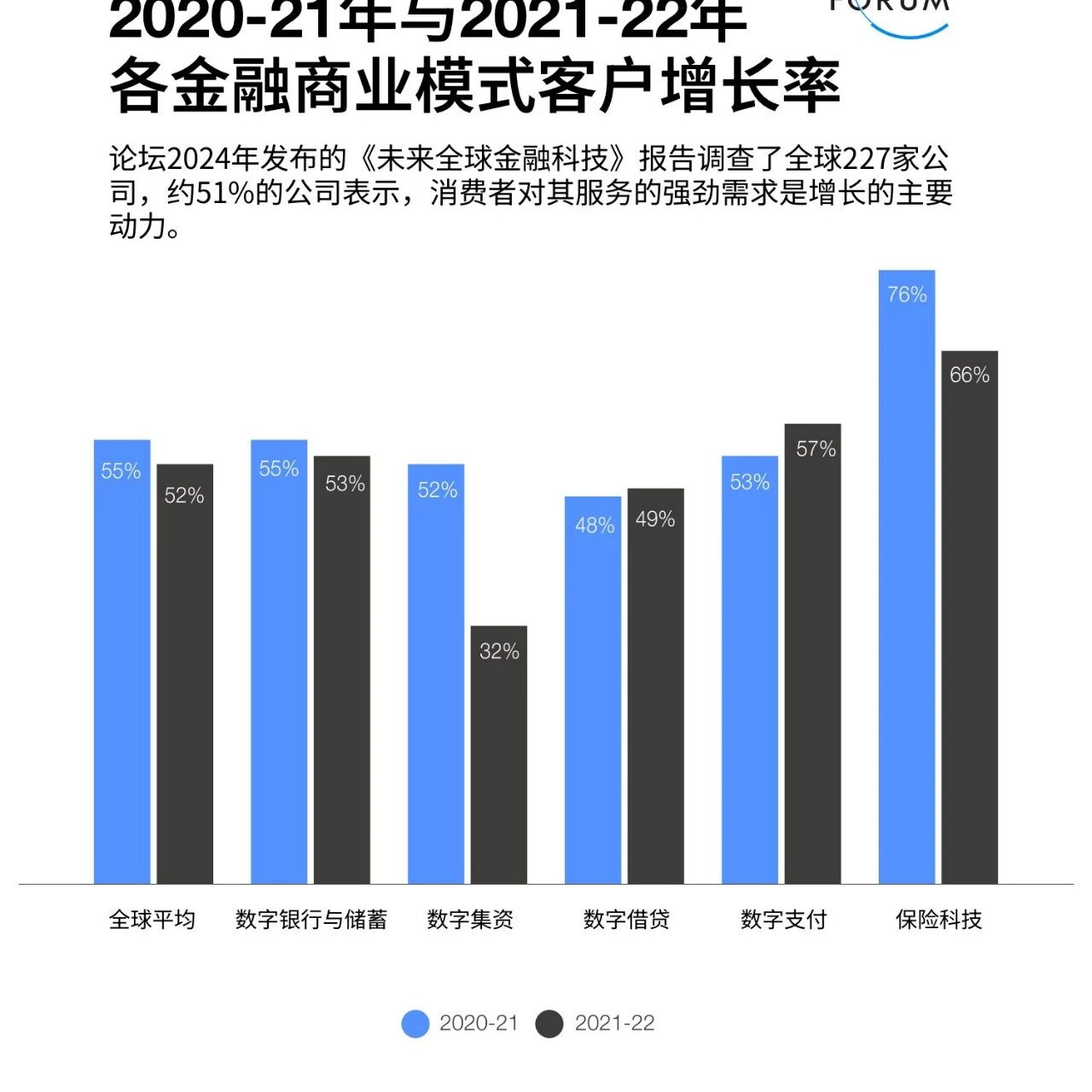Cyber insecurity is a major risk facing the world.
Image source:Unsplash/Adi Goldstein
Kate Whiting
Senior Writer for the Forum Agenda
October is Cybersecurity Awareness Month.
The World Economic Forum's "2024 Global Risks Report" warns that cyber threats—such as malware, deepfakes, and disinformation—are jeopardizing supply chains, financial stability, and democracy.
From "pig slaughtering" and "zombie computers" to ransomware and the U.S. election, here are 10 top headlines on cybercrime and cybersecurity in 2024.
In January of this year, the World Economic Forum’s “2024 Global Risks Report” identified cybersecurity as a cross-cutting global risk, with cyber threats such as malware, deepfakes, and disinformation posing serious risks to supply chains, financial stability, and democracy.In the same month, the forum's "2024 Global Cybersecurity Outlook" warned that "the same attack vectors used by cybercriminals are still being exploited; however, emerging technologies are now paving the way for malicious activities."Since then, we’ve seen misinformation and deepfakes becoming increasingly widespread—sometimes involving prominent figures and leading to major financial scams—while everything from the Olympics to global financial institutions has fallen victim to cyberattacks.October is Cybersecurity Awareness Month. As the world grapples with AI-generated misinformation and disinformation, along with escalating cyber threats, here are 10 key global cybersecurity headlines and statistics you need to know for 2024.1. Ransomware and the U.S. ElectionLast month, the U.S. Federal Bureau of Investigation and the U.S. Cybersecurity and Infrastructure Security Agency released a joint public service announcement titled "Beware: Ransomware Attacks During Voting Won’t Affect the Security or Resilience of Voting or Vote Counting," aimed at reassuring voters.However, the report also noted that in past U.S. and foreign elections, "malicious actors have attempted to spread or amplify false or exaggerated claims about cyber incidents, seeking to manipulate public opinion, discredit the electoral process, or erode trust in U.S. democratic institutions."However, it continued: "As of the date this report was published, neither the U.S. Federal Bureau of Investigation nor the U.S. Cybersecurity and Infrastructure Security Agency has received any reports indicating that cyber activity—such as ransomware—has prevented registered voters from casting their ballots, compromised the integrity of any votes, or impacted the accuracy of vote tallies or voter registration information."2. Olympics Hit by 140 Cyber AttacksDuring the two weeks of the Paris Olympics, French authorities reported more than 140 cyberattacks—yet none disrupted the event.According to AFP, from July 26 to August 11, France's cybersecurity agency ANSSI logged 119 low-impact security incidents and identified 22 cases involving malicious actors targeting information systems.ANSSI stated that the attack primarily affects government entities, as well as sports, transportation, and telecommunications infrastructure.Additionally, the Grand Palace and around 40 other French museums were hit by a ransomware attack in early August—but the Olympic systems remained unaffected.In June of this year, the forum reported "unprecedented" cyber threats targeting the Olympics.3. U.S. FBI Takes Down Zombie ComputersIn May, the U.S. Federal Bureau of Investigation dismantled a network of 19 million computers infected with malware, spanning nearly 200 countries.These "zombie devices" are collectively known as 911 S5 and are believed to form the world's largest botnet. Operators sell access to these devices, enabling them to carry out multi-billion-dollar financial frauds, identity thefts, bomb threats, and the acquisition of child exploitation materials across the globe.4. 4 Million Cybersecurity Experts Urgently NeededAccording to the Cybersecurity Center, the world is facing a massive cybersecurity skills gap, with nearly 4 million cybersecurity professionals currently in short supply globally. Meanwhile, last year almost 90% of organizations experienced at least one cyber intrusion, attributing part of this vulnerability to the lack of adequate cybersecurity expertise. So, how can we close this critical gap?The "Cybersecurity Talent Strategy Framework," released by the forum in April, advocates for a multi-pronged, collaborative approach to bridge the skills gap. The framework serves as a valuable resource for public and private sector decision-makers committed to developing and nurturing cybersecurity talent within their respective fields.5. Major IT disruptions offer lessons for building network resilience.In July, global businesses and governments were thrown into chaos by a major IT outage that affected 8.5 million Microsoft Windows devices—and caused widespread disruptions across airlines, banks, broadcasters, healthcare providers, retail payment terminals, and ATMs worldwide. The outage was triggered by a flawed update to cloud-based security software from CrowdStrike, one of the leading cybersecurity firms.William H. Dutton, an Oxford Martin Fellow at Oxford University, and Luna Rohland, a Network Resilience Expert at the World Economic Forum, wrote: "This clearly underscores the growing importance of cyber resilience in our increasingly digital world."6. The Link Between Cybercrime and SlaveryInternational Criminal Police Organization (INTERPOL) Secretary General Jürgen Stock emphasized the link between cybercrime and human trafficking during the launch of the "Global Cybersecurity Outlook."He stated on the forum: "We clearly see the connection between internet activity and human trafficking.""The most vulnerable members of our society often receive job offers via email or social media—only to find, in the end, that they’ve fallen into slavery."7. International Monetary Fund Warns Financial Institutions About Cyber ThreatsA May report by the International Monetary Fund warned that cyberattacks in the financial sector pose a serious threat to global financial stability.According to the International Monetary Fund's Global Financial Stability Report, nearly one-fifth of cyber incidents over the past two decades have impacted the global financial sector, resulting in $12 billion in direct losses for financial firms. Since 2020, direct losses are estimated at $2.5 billion.Akshay Joshi, Head of Industry and Partnerships at the Forum Cybersecurity Center, stated: "While financial institutions are widely regarded as leaders in terms of cybersecurity maturity, they, like every other industry, are increasingly vulnerable to the growing frequency and sophistication of cyberattacks."8. Rise in "Pig Butchering" Fraud CasesIn March of this year, INTERPOL released its "Global Financial Crime Assessment," which found that technology "is enabling organized crime groups to more effectively target victims worldwide."The report states that criminals are increasingly employing deceptive tactics like the "pig butchering scam," where fraudsters first gain the victim's trust before carrying out their theft.9. Artificial intelligence can enhance cybersecurity.Many articles have explored how artificial intelligence can be used to create deepfakes and spread misinformation, as well as its potential to enhance the effectiveness of cyberattacks.However, Giulia Moschetta, Research and Analysis Expert at the World Economic Forum’s Center for Cybersecurity, and Joanna Bouckaert, Community Lead at the same center, wrote that the impact of these attacks could be mitigated by leveraging artificial intelligence technologies to strengthen cyber defense capabilities.To harness the benefits of artificial intelligence, global public-private collaboration is essential to ensure that its applications are implemented fairly and safely across society.10. Cracking Down on the World's Most Dangerous Cyber OrganizationsIn February of this year, an international law enforcement task force known as "Operation Kronos" dismantled LockBit, the world's "most harmful cyber organization."The forum’s Cybercrime Atlas provides network crime investigators with a platform that enables them to leverage open-source research for gaining actionable insights into cybercrime networks.
The above content solely represents the author's personal views.This article is translated from the World Economic Forum's Agenda blog; the Chinese version is for reference purposes only.Feel free to share this on WeChat Moments; please leave a comment below the post if you’d like to republish.
Editor: Wang Can
The World Economic Forum is an independent and neutral platform dedicated to bringing together diverse perspectives to discuss critical global, regional, and industry-specific issues.
Follow us on Weibo, WeChat Video Accounts, Douyin, and Xiaohongshu!
"World Economic Forum"





